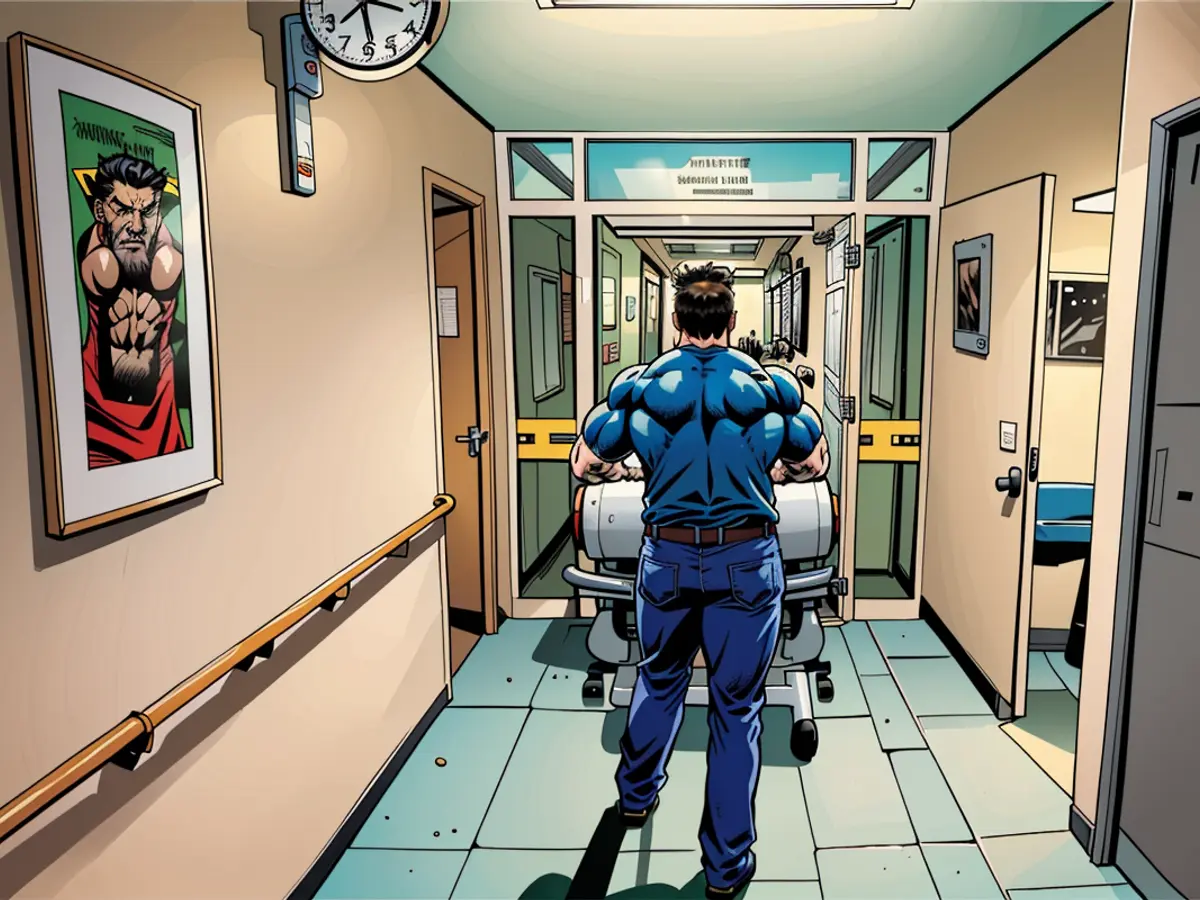Climate change - Hospitals demand higher investment in heat protection
In the face of increasing heat in the summer, the Rhineland-Palatinate Hospital Association (KGRP) is calling for a climate protection fund and a large-scale investment program. This would enable hospitals to bring their technology up to date and for energy-efficient buildings to make their contribution to climate protection, KGRP managing director Andreas Wermter stated in Mainz. The right temperature in the hospital influences the healing process. Patient rooms must be air-conditioned, and staff also require good working conditions.
The association sees it as the responsibility of the state to support hospitals in this transformation process "with adequate investment financing", it was stated in the announcement. The KGRP referred to the recently published Heat Action Plan for Rhineland-Palatinate in its statement. Rhineland-Palatinate Health Minister Clemens Hoch (SPD) had announced at the end of June in Mainz that the plan's goal was to better protect and sensitize people to the effects of heat. The plan contains, among other things, heat warnings and behavior recommendations for the elderly and care-dependent persons.
- Given the climate change and rising temperatures in Rhineland-Palatinate, the hospital association is advocating for a climate protection fund and substantial investment in hospital infrastructure.
- The KGRP managing director, Andreas Wermter, emphasized in Mainz that these investments would allow hospitals to modernize their technology and construct energy-efficient buildings, thereby contributing to climate change mitigation.
- In support of this initiative, the KGRP highlighted the Rhineland-Palatinate Heat Action Plan, which aims to enhance heat protection and awareness among residents, including heat warnings and precautionary measures for the elderly and vulnerable populations.
- The investment funding from the state would be crucial for hospitals in Mainz and across Rhineland-Palatinate to effectively adapt their facilities to the challenges posed by climate change and ensure optimal patient care in heat-protected environments.








